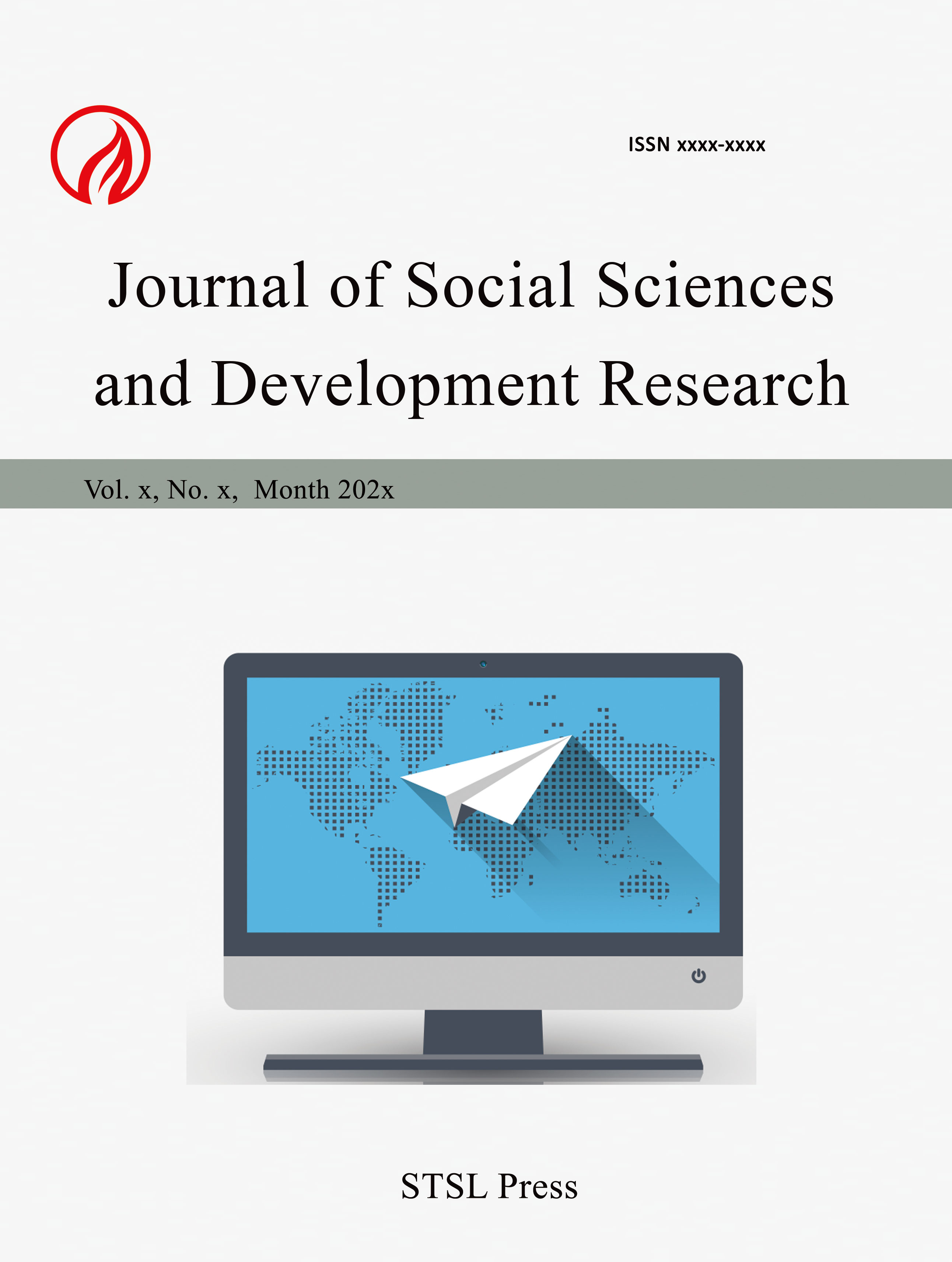The Impact of the Covid-19 Pandemic on the Adoption of ICT Infrastructure in Institutions of Higher Learning in Zimbabwe: The Case of Bindura University of Science Education
Supu Valeria Tafadzwa
Kurebwa Jeffrey
Abstract
The impact of the COVID-19 pandemic on the adoption of Information Communication Technology (ICT) infrastructure in higher learning institutions in Zimbabwe, specifically Bindura University of Science Education (BUSE), was examined in this study. It is well-known that developing countries have been slow in embracing ICTs across all sectors. The purpose of this study was to assess how the COVID-19 pandemic affected the adoption of ICT-based teaching and learning in higher learning institutions. The evidence gathered indicated that ICT-enabled platforms were reliable in facilitating teaching under the restrictions imposed by COVID-19. Consequently, the study further focused on the ICT tools adopted by BUSE and aimed to determine the benefits and challenges associated with their adoption. The researchers used purposive sampling to select four BUSE IT personnel for semi-structured interviews, and they distributed thirty-six questionnaires to lecturers and students using a convenience sampling technique. The research philosophy guiding this study was social constructivism, and a qualitative research approach was adopted, supported by a case study research design. The findings revealed that the commonly adopted ICT tools at BUSE were Zoom, Google Classroom, MOODLE, and informal platforms like WhatsApp. WhatsApp was the most widely used tool due to its low cost and user-friendly interface. However, both lecturers and students lacked sufficient ICT skills to navigate the other recommended ICT tools. While ICT-based teaching and learning during the pandemic reduced costs, saved time, and enhanced student performance, it also presented more challenges than opportunities. The efficiency and effectiveness of ICTs at BUSE were hindered by a lack of ICT infrastructure and skills, high bandwidth costs, poor network coverage, and frequent power outages. In conclusion, the researchers found that the adoption of ICTs in higher learning institutions in Zimbabwe, particularly under pandemic conditions, is a complex process that requires addressing various challenges to ensure its success.
Paper:
pdf
DOI:
https://doi.org/10.71002/jssdr.v1n1p52
 This work is licensed under a
Creative Commons Attribution 4.0 License.
This work is licensed under a
Creative Commons Attribution 4.0 License.
Contact us
- Michael Schaper
- jssdr@stslpress.org
